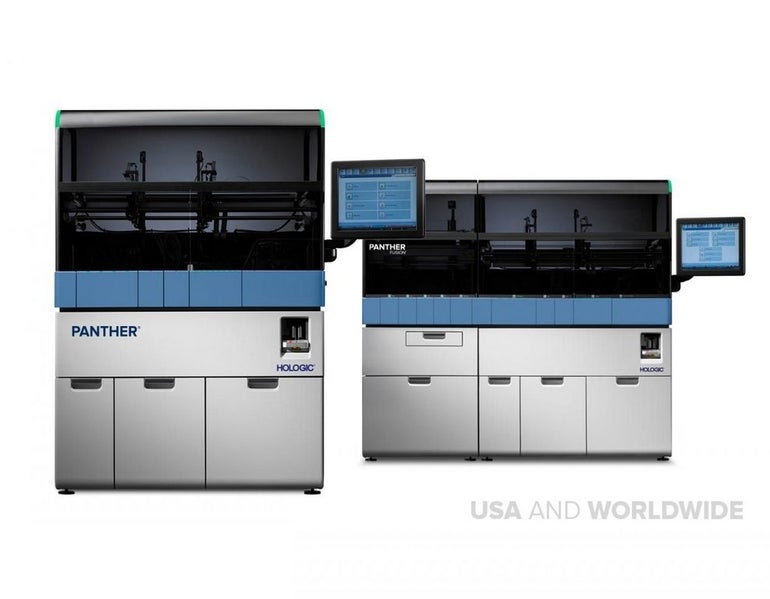Marlborough medical imaging device firm Hologic launched an initiative Wednesday to expand affordable access to molecular testing for HIV, heptatits B and C, and HPV.
The Hologic Global Access Initiative, partnering with the Clinton Health Access Initiative (CHAI) and the U.K.-backed MedAccess, will enable public-sector programs in select low- and-middle-income countries to access Hologic’s Panther system for $12 per patient sample with no upfront costs or capital expenditure.
“As a global leader in diagnostics, Hologic has the responsibility and privilege to serve people in need by providing accessible testing, which is crucial for managing care and reducing the spread of infectious diseases,” said Tom West, president of Hologic’s diagnostic solutions division, in a press release.
The agreement was also announced by the U.K’s Department for International Development, Unitaid, The U.S. President’s Emergency Plan for Aids Relief, The African Society for Laboratory Medicine and the government of Zambia at the International AIDS Conference in Amsterdam.
According to the CHAI – on which former President Bill Clinton and his daughter are board members – at least five countries in sub-Saharan Africa will introduce Hologic’s technology as part of their viral load testing programs this year.
Zambia is the first to introduce Hologic’s Panther platform for routine viral load testing under the all-inclusive pricing contract.
Unitaid, a global health initiative working to end infectious disease epidemics, selected Hologic to pilot the all-inclusive pricing across tests in Malawi, Tanzania, Uganda and Zimbabwe.
Hologic said its initiative supports the United Nations’ program on combating HIV and AIDS to have 90 percent of HIV patients know their status, receive sustained medication and have viral suppression.

